Neuromuscular Center
520 East 70th Street, Starr Pavilion, 607
New York, NY 10021
240 East 59th Street, 2nd Floor
New York, NY 10022
1305 York Avenue, 2nd Floor
New York, NY 10021
156 William Street, 11th Floor
New York, NY 10038
Weill Cornell Medicine’s Neuromuscular Service provides comprehensive care for patients suffering from disorders that affect nerves and muscles. Problems include acute and chronic neck and back pain, weakness, numbness of the hands or feet, neuropathy, myopathy, and nerve injury. Care is available seven days a week and appointments can usually be made within 24-48 hours.
- Treatment of Neuropathy
- What is Myopathy?
- Treatment of Myopathy
- Investigational Drug Trials
- Comprehensive Patient Care
- Areas of Special Interest
- Continuing Education Courses
- Diabetic Neuropathy
- Painful Neuropathy
- Lou Gehrig's disease
What is Neuropathy?
Neuropathy is a disorder which affects the nerves in the body. Nerves are electrical cables which transmit information from the body to the brain and from the brain to the body. They are present throughout the body. When nerves are not functioning normally, for whatever reason, the condition is referred to as neuropathy or peripheral neuropathy. Symptoms of peripheral neuropathy include weakness, muscle cramps, muscle twitching, pain, numbness of the feet or hands, burning, and tingling. These symptoms are usually present in the feet or hands but may occur anywhere in the body.
Treatment for Neuropathy
Most neuropathies are due to compression of a nerve (a pinched nerve). Other causes include hereditary conditions, trauma, diabetes, and kidney disease. By thoroughly examining a patient, a clinical suspicion of the cause may be deduced (the diagnosis) and this may usually be proven by performing simple blood tests and electrodiagnostic studies. Electrodiagnostic studies usually include nerve conduction studies and electromyography which directly study nerve and muscle function and allow the neurologist to determine more accurately the precise nature of the condition afflicting the patient. When this is secured, treatment directed specifically for the disorder is instituted. Treatment may include a variety of medications, physical or occupational therapy, splinting, or surgery, depending on the cause of the neuropathy. Enrollment in therapeutic drug trials is also available for specific conditions.
What is Myopathy?
Myopathy is the term used to describe disease of muscle. Causes may include hereditary conditions such as muscular dystrophy, hormonal (endocrine) abnormalities such as hypothyroidism, or inflammatory conditions such as polymyositis. Symptoms of myopathy usually include weakness, and may result in difficulty walking, standing, holding things, chewing, swallowing, or even talking.
Treatment for Myopathy
The underlying cause of myopathy can usually be determined by performing a through history and physical examination and by supplementing these, when necessary, by a few simple blood tests and electrodiagnostic studies. The latter usually include nerve conduction studies and electromyography which directly study nerves and muscles and allow the neurologist to determine more accurately the precise nature of the condition affecting the patient. Occasionally, a muscle biopsy is required. This is a minor surgical procedure performed by a neurosurgeon, and done on an outpatient basis. It takes less than an hour. During the procedure a small incision is made, usually behind the calf or on the upper arm and a very small piece of muscle is removed for study under the microscope. There is no loss of strength from this procedure. Stitches are removed in 7-10 days. When the cause of the myopathy is determined, therapy to correct the problem is instituted.
Investigational Drug Trials
The Neuromuscular Service is actively involved in clinical research trials of new therapeutic modalities for a host of neuromuscular disorders. The Neuromuscular Service recently completed a number of studies for Lou Gehrig's disease (amyotrophic lateral sclerosis) using nerve growth factors, the results of which have been published in major neurology journals. This past year The Neuromuscular Service completed a study of diabetic neuropathy using nerve growth factor and a second study looking at the effect of nerve growth factor in the treatment of the neuropathy that afflicts AIDS patients. Presently two ongoing trials are enrolling patients with diabetic neuropathy to determine if theoctic acid (alpha lipoic acid) is effective in the control of pain and other symptoms of diabetic neuropathy in either an intravenous (by vein infusion) or oral (by mouth) form. Patients with diabetes who may be interested in this trial should contact us.
Diabetic Neuropathy Investigational Drug Trial
Weill Cornell Medicine is seeking patients to participate in a research study to determine the effects of an investigational drug for Diabetic Neuropathy. You may qualify for this study if you are:
- Male or female between 18 and 62 years of age
- Have diabetes mellitus
- Have a diabetic neuropathy (burning or pain or numbness or tingling in your feet)
Comprehensive Patient Care
The Neuromuscular Service consults and treats patients with all varieties of nerve and muscle problems. Consultation, diagnosis, second or third opinions, treatment and ongoing care are all available as needed. Patients are seen on a timely basis and, when necessary, they may be seen the same day or next day, as indicated.
Particular areas of interest include traumatic nerve injuries, back injury, neck injury, weakness, and numbness or pain or tingling of the feet. Independent Medical Evaluations are performed by Dr. Michael Rubin, as are review of medical records at the request of patients, other medical practitioners, lawyers, or other parties.
For more information or to schedule an appointment, you may contact Dr. Rubin by phone at (212)746-5519.
Areas of Special Interest
These include:
- Clinical drug trials for diabetic neuropathy
- Peripheral neuropathy
- Painful neuropathy
- Second opinions for motor neuron disease (ALS, Lou Gehrig's disease)
The Neuromuscular Service offers an annual three-day course in neurophysiology every January entitled Clinical Neurophysiology: Principles and Practice, appropriate for physicians and electrodiagnostic technicians. It is designed to provide a comprehensive review of the principles and practical aspects of clinical neurophysiology, including nerve conduction studies, electromyography, somatosensory, auditory, and visual evoked potentials, and electroencephalography. Practical hands-on training in nerve conduction studies and video-waveform analysis of EMG is included.
Course objectives include routine nerve conduction studies, late responses, blink reflexes, neuromuscular transmission studies, identification of common and uncommon EMG waveforms, identification of normal EEG and evoked potential variants and age-related patterns, common EEG and evoked potential abnormalities, epilepsy and sleep monitoring studies.
This course is suitable for neurologists and physiatrists who wish to improve their skills and expertise in clinical neurophysiology as practiced in their private offices, as well as for residents and fellows in clinical neurophysiology considering sitting for the examination given by the American Board of Electrodiagnostic Medicine, American Board of Clinical Neurophysiology, or the examination for Added Qualifications in Clinical Neurophysiology offered by the American Board of Psychiatry and Neurology.
What Our Patients Are Saying
I went to the office at 2315 Broadway, and this was the best doctors appointment I’ve ever had. Dr. Azrieli came out to get me himself from the waiting room, immediately after I arrived. He went strait to work taking extremely detailed notes on everything that was happening with me. He was attentive and made me feel very well cared for. He took his time and I didn’t feel like I was being rushed out of the office like with many other doctors. The staff at this location was also incredibly friendly and they helped me get scheduled for the follow ups I needed, and took some blood. Everyone I worked with through the process was prompt, kind and caring. I would highly recommend Dr. Azrieli, and this office in particular. Thank you so much!
I had a very good initial Televisit withe Dr Weaver. He listened empathically, formulated a list of possibilities and we collaborated on a reasonable diagnostic and treatment plan going forward.

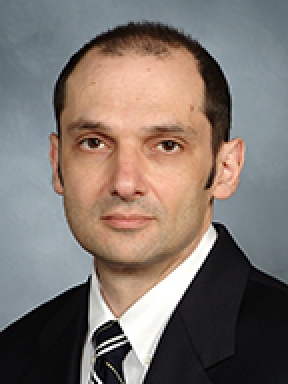
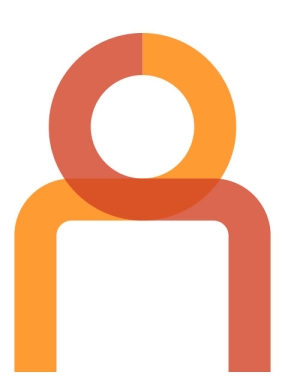
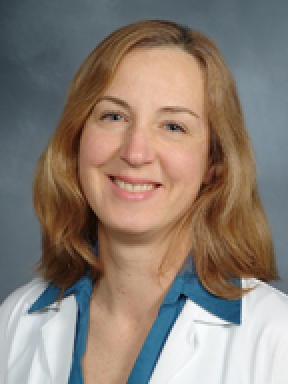

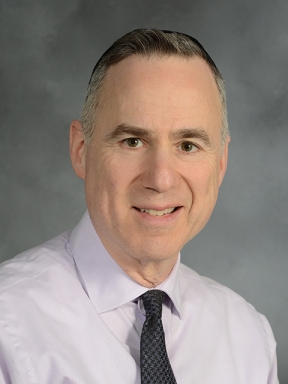
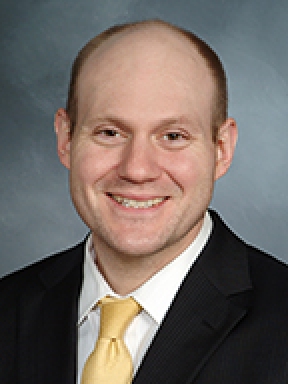
I would recommend him without reservation. He is an extraordinary doctor. Accessible and sooooo competent. Personable. What a gem! I am very fortunate to have found him.